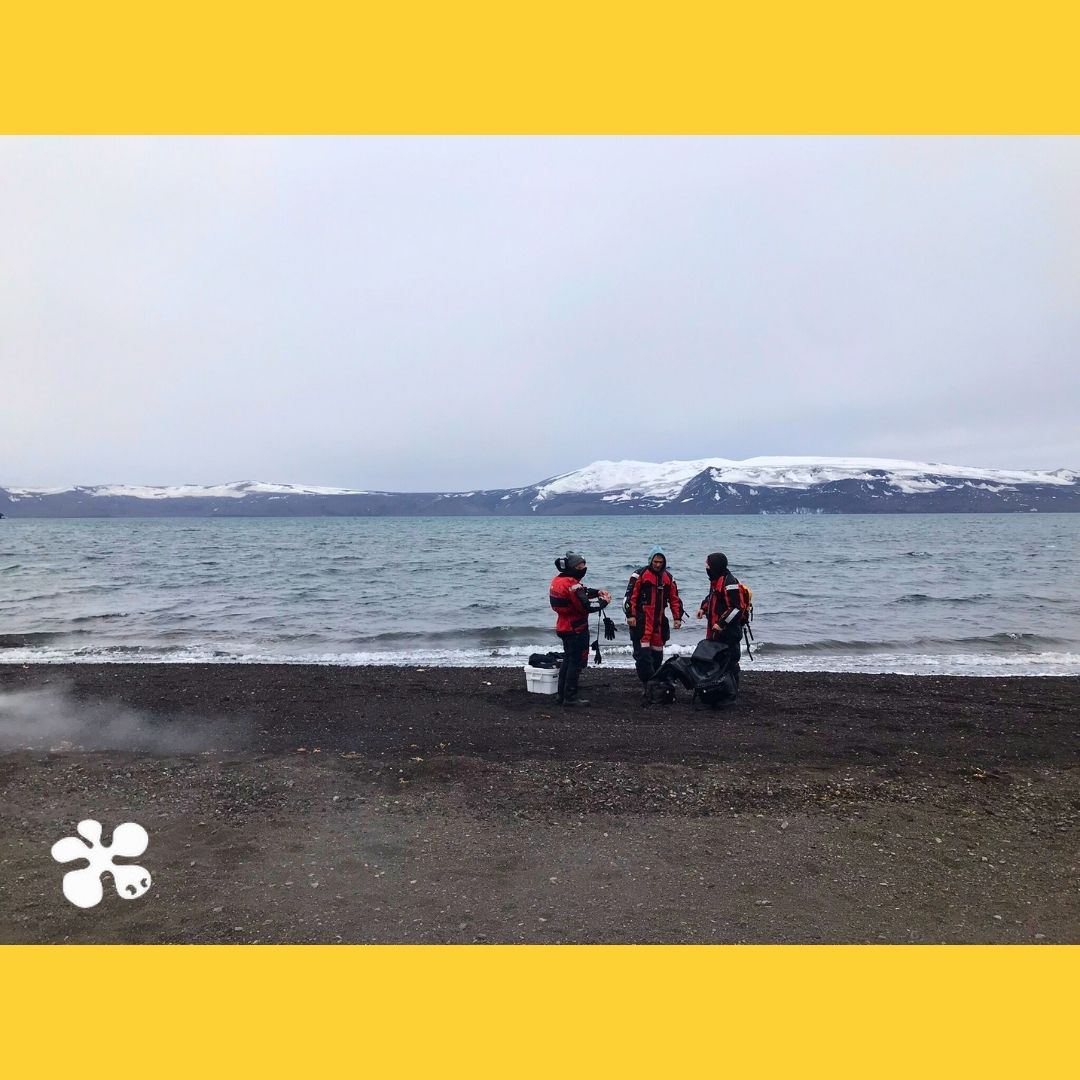The UB participates in a European consortium to develop a network in chemical ecology
Unify European research teams in chemical ecology to enhance the visibility of research and share knowledge, tools and platforms that help improve the results and contributions of the discipline, especially in terms of sustainability: This is the main objective of the E-Niche consortium (European Network in Chemical Ecology). The project is a European initiative with the participation of the University of Barcelona that will promote chemical ecology and its social impact through the creation of new formulations, new molecules and innovative applications for natural compounds.
The E-Niche project has the participation of professor Conxita Ávila, from the Department of Evolutionary Biology, Ecology and Environmental Sciences of the Faculty of Biology and the Biodiversity Research Institute (IRBio) of the UB. She has directed the campaigns Challenge, Ecoquim, Actiquim, Distantcom and Bluebio scientific organizations to study the ecological interactions and chemical ecology of benthos in Antarctic regions.
Chemical ecology is an interdisciplinary field of research that wants to understand and describe the chemical mechanisms underlying interactions and communication between living organisms. E-Niche will foster partnerships between scientists from various disciplines who study aquatic and terrestrial ecosystems — chemists, biochemists, biologists, microbiologists, neurobiologists, etc. — to integrate an interdisciplinary network that will generate original ideas and perspectives.
Together with the National Museum of Natural Sciences (MNCN) and the Institute of Advanced Chemistry of Catalonia (IQAC) of the CSIC, the University of Barcelona (UB) participates in the project. Alongside them are the Center for Ecological Research and Forest Applications (CREAF), the University of Lleida (UdL) and the Autonomous University of Barcelona (UAB), among other institutions.
Communication through chemistry
The language of chemistry is the oldest and most widespread form of communication on Earth. Regardless of size or habitat, all organisms use chemical signals to transmit various information to other organisms. Research on chemical ecology aims to study the natural substances that serve as transmitters; elucidate the targeted systems and characterize the ecological, behavioral, and developmental consequences of chemical signals.
